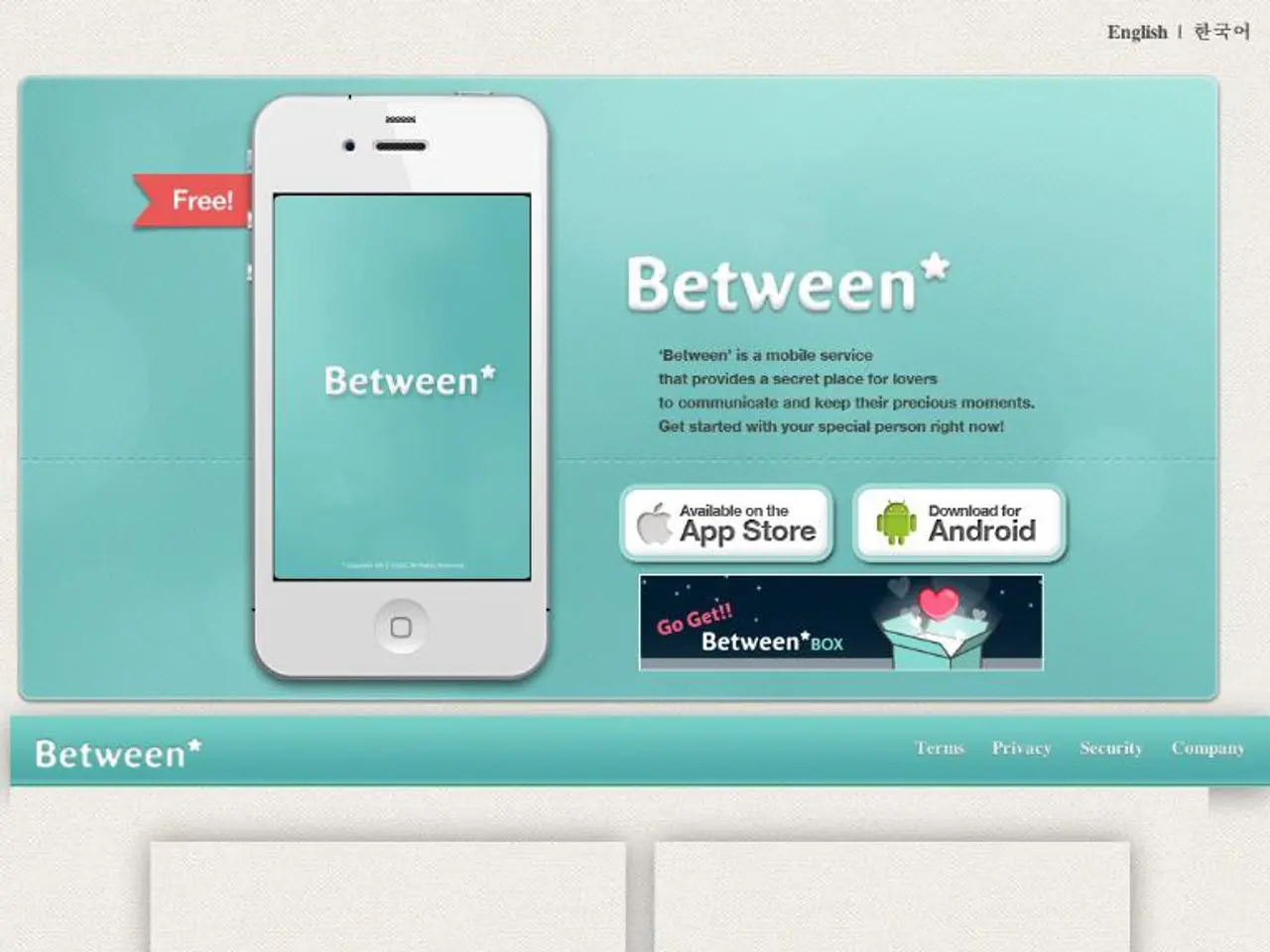The Iconic Branding of Apple: Does the Quality of the iPhone Justify Its Reputation?
In the realm of smartphones, the iPhone continues to stand out as a beacon of quality, user experience, and seamless integration. Apple has marketed the iPhone as more than just a device—it's a lifestyle brand, setting itself apart in the tech industry.
The strength of the iPhone lies in the Apple ecosystem, which includes iMessage, iCloud, AirDrop, FaceTime, Handoff, and Continuity. This ecosystem provides a polished harmony, with the hardware and software working together in a way that feels almost bespoke. The iPhone's dominance is not solely the result of excellence, but also of careful curation, brilliant marketing, and emotional resonance.
The iPhone 15 Pro Max, after two years, still shines with its premium titanium frame, durability, and aesthetic consistency. The matte glass back and excellent 120 Hz display perform smoothly with no major issues like burn-in. Apple's consistent focus on design is also reflected in iOS's evolving interface, such as the new "liquid glass" design in iOS 26, which enhances visual appeal and usability with frosted and translucent UI elements.
The software integration in iOS 26 is also noteworthy. It introduces significant interface overhauls and usability improvements, including streamlined menus, advanced multitasking tools, and integrated ecosystem features like real-time translation and call management. The software is optimized for performance and smooth operation, contributing to a refined, intuitive user experience that Apple is known for. This integration extends across Apple platforms, providing a seamless ecosystem experience that users value.
Apple's design guidelines emphasize accessibility, adaptability, and theme optimization, ensuring apps maintain consistent aesthetics and functionality across updates and devices. This reflects Apple's broader commitment to consistent, high-quality user experiences.
The iPhone excels in usability, with a layout of apps, responsive gestures, and predictable system functions contributing to an intuitive experience. Apple positions itself as a guardian of user information and earns praise for its privacy measures.
Buying an iPhone is less about specs and more about identity, a statement of taste, a symbol of economic confidence, and in some social circles, a cultural necessity. The A17 Pro chip in the iPhone makes it a serious machine under the hood, capable of advanced machine learning, high-end gaming, and computational photography in real-time.
In summary, recent evaluations confirm the iPhone maintains high standards in design, performance, and ecosystem integration. Updates like iOS 26 further support this by evolving the interface meaningfully while preserving the cohesive Apple ecosystem feel. The iPhone promises a seamless world, but its quality is measured by user experience, longevity, software integration, customer support, and satisfaction. Apple doesn't just sell a device, it sells status, security, and style.
- The tech industry recognizes the iPhone as more than just a smartphone; it's a symbol of lifestyle, fashion-and-beauty, and status, as Apple markets it as a lifestyle brand.
- The iPhone's ecosystem, consisting of iMessage, iCloud, AirDrop, FaceTime, Handoff, and Continuity, provides a harmonious integration of hardware and software, enhancing user experience.
- Social media and entertainment platforms thrive on the iPhone due to its seamless integration and superior user experience, offering a polished harmony within the tech-gadgets domain.
- The iPhone's finesse extends beyond technology; its design elements, such as the liquid glass interface in iOS 26 and premium titanium frame in the iPhone 15 Pro Max, align it with the realm of fashion-and-beauty.




